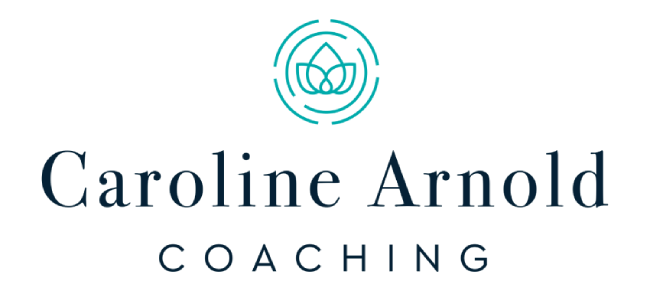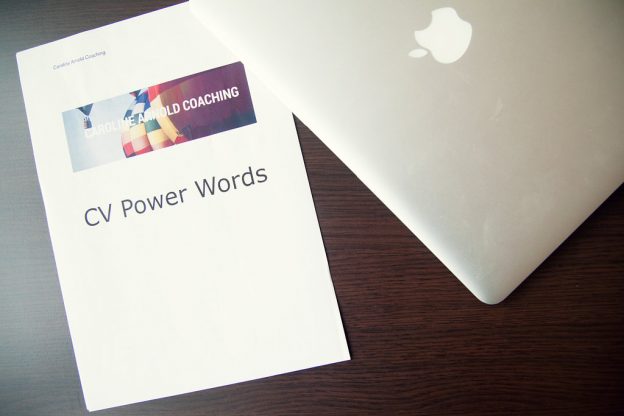I don’t know about you but I think one of my favourite things to do is to book a holiday. I love the excited anticipation of having a few days away – whether with my loved ones or a group of friends to go exploring new places, eating a little too much from the buffet and enjoying a cocktail and ice cream by the pool whilst enjoying a book.
However, there’s always a little part of me that starts to panic at how much I have to do before I go and how much there’ll be to do when I get back. Do you get that as well?
I am at that excited stage now as I have just booked a holiday in June to attend a friend’s wedding in Italy. I know the next few weeks are going to fly by and so I’m already thinking about how best to organize my time so that I can enjoy my holiday.
I started to think about what I needed to achieve before I went and I remembered that I always get so much done on my last working day before a holiday as I know there is no option to leave it till tomorrow. So I thought I’d write a blog on how you can be more productive at work allowing you to get more stuff done every day – and not just on the last day at work before you depart.
1. Turn off social media
Facebook, LinkedIn, Twitter, Instagram and Pinterest are the biggest time wasters ever! I’m so thankful that they have been created as they really help me keep in touch with friends and grow my business. But I can lose hours if I am not careful in posting pictures, liking friends statuses, retweeting articles that I think my followers might find interesting and congratulating people on their new job.
It’s great to know what’s going on in the world and keep up with everything that’s happening in my friend’s lives but it doesn’t help me to complete my to do list and it won’t help you either.
I now have to keep my phone in the kitchen away from my desk otherwise I find myself just “quickly checking” twitter when it vibrates and then losing focus on what I was doing.
Now, I’m not perfect so I do admit to cheating on this rule if I know a friend is going for an interview or moving house or something equally important to them. In that situation I’ll send them a quick message to ask them how it’s going and kid myself that it will only be a minute.
However research shows that switching tasks can lead to more stress and frustration as you struggle to get everything done. Also, it can take up to twenty-three minutes to become focused again on the task that you were doing before you interrupted yourself. The more complex the task the longer it will take you to refocus.
I’m going to take a guess that you’re probably like me so I recommend that you only check your phone at a specified time such as a lunch break and on your bus ride home. Otherwise leave it in your handbag in your draw at work and don’t look at it.
2. Action list
Get into the habit of doing a brain dump and writing a list of everything that you have to achieve and then order it from what’s urgent and important to it “would be nice but not critical to get done”.
I write my list on a Friday afternoon so I’m clear on what I’m doing when I sit down at my desk on Monday morning. I then find that I don’t suddenly remember on a Sunday morning as I watch Sunday Brunch about emailing someone or changing a meeting time and can enjoy my weekend.
3. Block out time
Once you have made your list schedule these activities into your diary. It may be that the first and last hour of every day is best for clearing your email inbox and making any phone calls.
The morning is the best time to do any strategic or big project work as you’ll feel more alert then. Towards the end of the day you may do more administration tasks when feeling less creative.
When I was doing a lot of recruitment in my last corporate HR job I use to schedule a whole morning on a Friday to make briefing calls with recruitment agencies. It really helped me block out my diary and clump tasks together so that I could be focused on that one task that needed to be done and it helped my colleagues know that on Friday mornings I would usually be on the phone and wouldn’t be able to help them till lunch time.
4. Eat That Frog
If you haven’t read the book “Eat That Frog” then I highly recommend that you do. It has some great tips that you can quickly action to become more productive. The book talks about getting the hard things done first so that you’re motivated and focused to do everything else knowing that you’ve accomplished the most difficult/unpleasant tasks of the day. Here’s an Amazon link to the book.:http://amzn.to/1SnksWn
5. Take breaks
If you don’t take a lunch break then you may want to check out my blog about “Why You Need To Take That Lunch Break”. By taking a break you will feel more focused and energized for the afternoon’s work and you’ll find that you get a lot more done.
https://carolinearnoldcoaching.co.uk/blog/
6. Change your mindset
If you ’re someone that tells yourself that you’ll leave work when you’ve completed everything then I would take a guess that you probably don’t leave the office before 7pm. But try changing your mindset and saying to yourself that you’re going to get all your work done by 5.30pm every night because you’re going to meet friends, go home and see the kids or go to the gym. That way you’ll make an extra effort to get everything done and be out of the office by 5.30pm.
Research shows that we can make work expand to fill as long a day as we want. And I think that we can all agree we don’t want to be in the office at 8pm every night. So start telling yourself you’re leaving at 5.30pm.
A favourite tactic of mine that you might try is treating every day as if you’re going on holiday the next day for a month and everything has to be done that day. Whenever I do this I always manage to cross off so much on my to do list!
7. Environment
Your working environment can make a big difference to your productivity at the office. Take a few minutes to assess your current office set up and see if there are any changes that you need to make.
- Make sure that your chair and desk are at the right height and if you can work at a variable desk try standing for a few hours every day – you will really notice the difference. I tend to sit at my desk in the morning and then stand in the afternoon which helps me stay more alert especially at 3pm when I find my energy levels are at their lowest.
- If you’re allowed pictures in your office then have one of a nature scene as research shows this will help calm you.
3. Try and shut out noise as much as you can or have a white noise playing in the background. This will help you zone out of the other noise in the office. I use Calm wesbite https://www.calm.com and have the Mountain Lake noise playing on my computer. It has the added benefit of being nice to look at on your screen when you’re on the phone.
8. Personal well being
Looking after your self will make a big difference to your wellbeing, which in turn will help you to be more productive at work.
1. If you’re new to mindfulness then check out my blog “Benefits of Mindfulness” which gives practical tips for practicing mindfulness.
https://carolinearnoldcoaching.co.uk/blog/
2. Get exercise – if you can, get at least thirty minutes of exercise every day then you will really notice a difference in your work productivity.. As the weather gets nicer why don’t you grab your colleagues and go for a walk together at lunchtime? This way you’re getting exercise while building stronger relationships with your team.
3. Read Miracle Mornings by Hal Elrod, this is a great book, which will help you start the day on a really strong footing. http://amzn.to/1XEFlxC
4. It’s important to get up and move occasionally so set a reminder on your computer and every 90 minutes get out of your chair even it’s only to walk to the printer or top up your water glass.
9. Nutrition
Looking after your body by being aware of what you are drinking and eating will help you maintain your energy and concentration levels. Try drinking at least 2 litres of water, eating a great brain boosting breakfast and having healthy snacks by your desk such as fruit, cut up vegetables and nuts.
If you’ve found this blog helpful then why don’t you come over to my website and sign up to my newsletter so that you don’t miss the next blog.
Caroline Arnold
Executive Coach
M: 07886 794 742
E: info@carolinearnoldcoaching.com
T: @carnoldcoaching
F: Caroline Arnold Coaching
W: www.carolinearnoldcoaching.com


